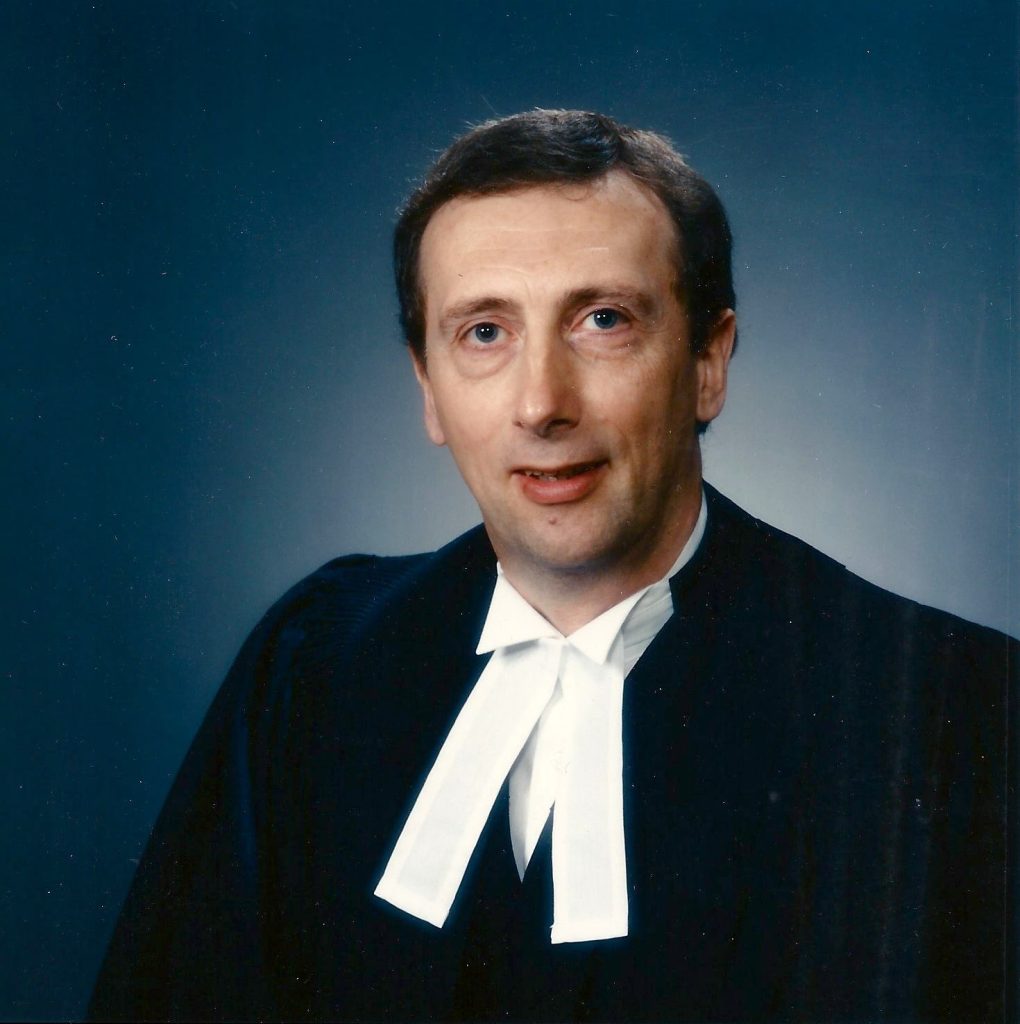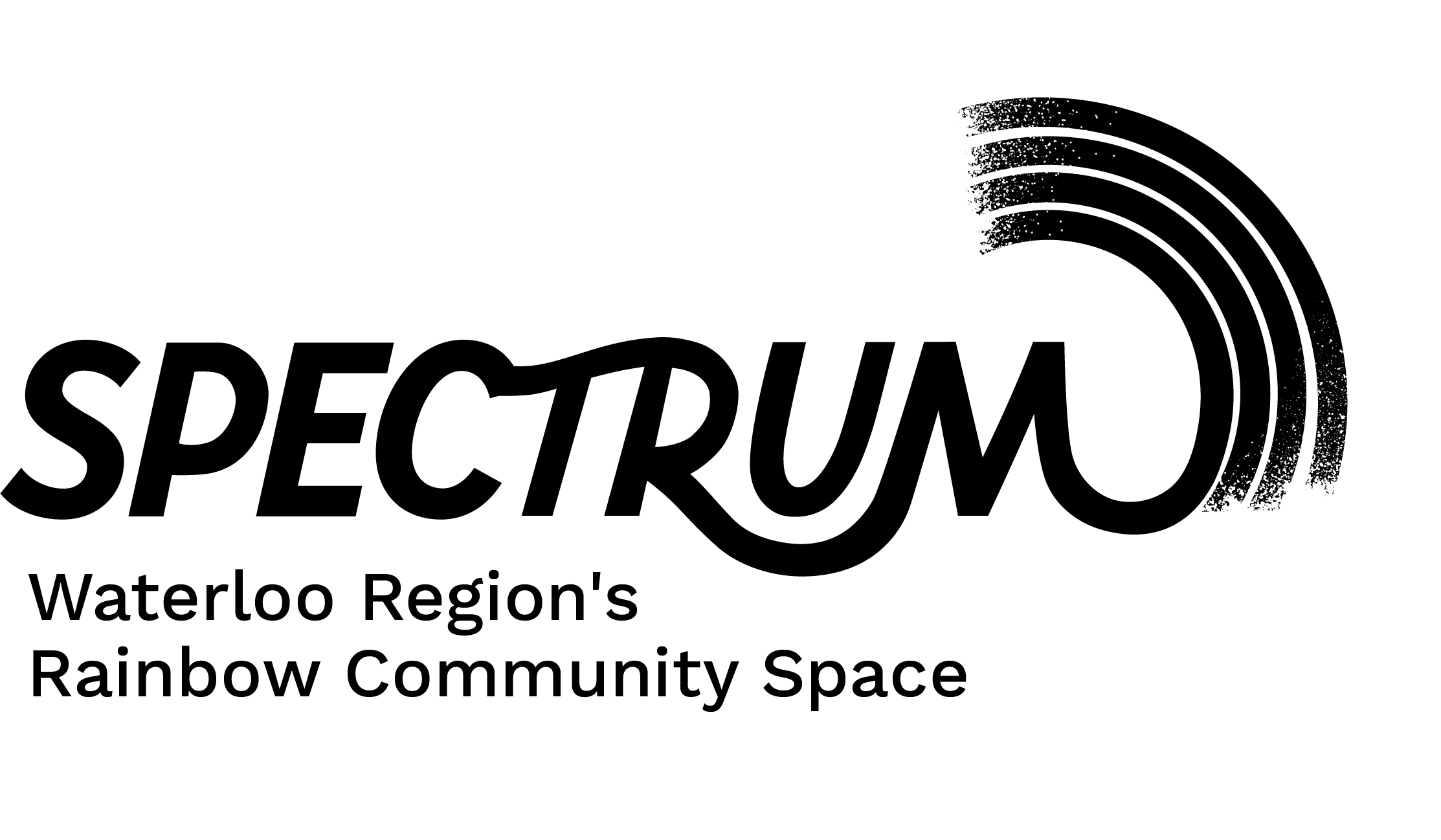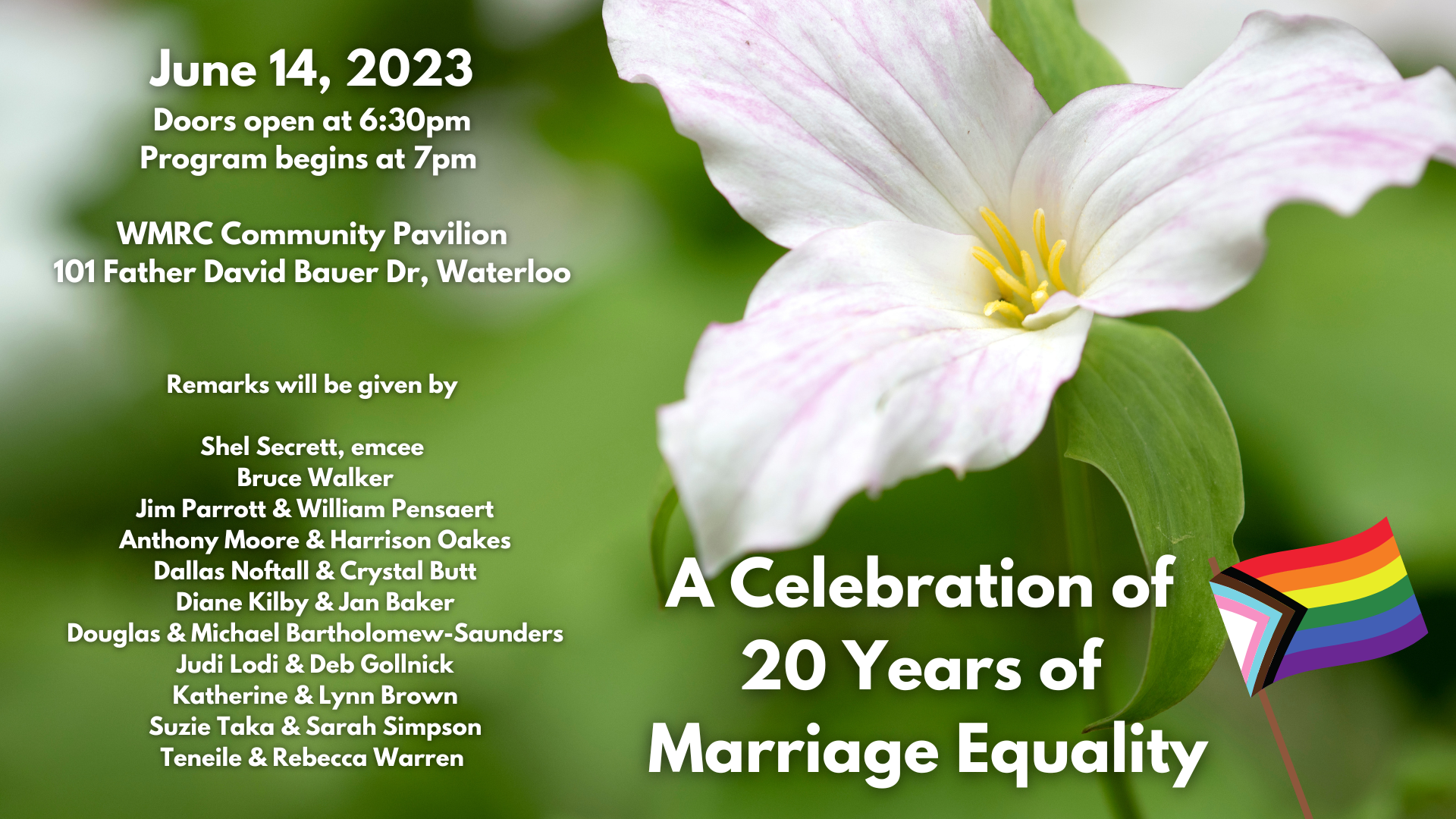
By Bruce Walker
Retired Lawyer, Author, Speaker, Human Rights Advocate. Practicing law in Toronto led to involvement in many community organizations including establishing Metropolitan Community Church’s Christmas Eve Service at Roy Thompson Hall, and the Church-Wellesley Village Business Improvement Area (and the Alexander Wood statue). Involvement in many community organizations and the fight for human rights continues.
Congratulations on the twentieth anniversary of marriage equality in Canada. Detractors have said gay marriages would not last, but I am happy to say there are plenty of examples to prove them wrong. Life in Canada for sexual minorities was not always how it is today. Once we were hunted and persecuted.
Legislation penalizing homosexuality entered British statute law in 1533 when King Henry VIII brought in The Buggery Act, ousting the Roman Catholic Church in favour of the Church of England. This moved the regulation of sodomy from the ecclesiastical courts and burning at the stake, to the state and death by hanging and forfeiture of property.
This law changed over time. However, the Labouchere Amendment of 1885 brought the crime of gross indecency into British criminal law. Gross indecency could apply to almost anything, including holding hands, and was used to persecute homosexuals. It was brought into British law at the height of the Industrial Revolution ostensibly to curb prostitution. Prostitution meant independence and the industrial revolution needed workers and the British Army needed soldiers.
The laws of Britain were the laws of Canada. Following Confederation in 1867, Canada enacted the Criminal Code in 1892, by importing British criminal law. However, the law was changed in Canada to provide five years in penitentiary and whipping. In addition, conviction of being a “dangerous sexual offender” by having homosexual sex subjected a person to an indefinite prison sentence. This was the fate of Everett George Klippert in 1967.
This remained the criminal law of Canada until the Criminal Law Amendment Act of 1969 adopted Britain’s Wolfenden Report of 1957, partially decriminalizing homosexual acts for consenting adults in private who were 21 years of age or over. This is the legislation that former Prime Minister Pierre Trudeau, while Minister of Justice, famously said “the state has no business in the bedrooms of the nation.” It was 2019 before the remnants of this law were removed from the Criminal Code of Canada.
I remember the cruel sensationalist media treatment of Mr. Klippert’s appeal of his conviction to the Supreme Court of Canada, which he lost. I also remember the fierce opposition to the Criminal Law Amendment Act of 1969. It was horrific, but as minimal as these changes were, they were huge step forward in the fight for equality. It meant homosexuals were able to meet and begin to organize with less danger of being raided by police. Political activism came out of the closet. The We Demand Rally in 1971, is credited with being the first such public rally and Jim Parrott was there in Ottawa. Patriation of the Constitution Act of 1867 and adopting the Canadian Constitution Act of 1982, including the Canadian Charter of Rights and Freedoms, which took effect in 1985, was another critical milestone.
More and more activism occurred during these decades. There were also many Charter cases after 1985, as we learned how the Charter impacted daily life in Canada and the dominoes began to fall.
Marriage, which is in the jurisdiction of the federal government in Canada became the battleground for equality because of the Charter.
In Ontario this came to a head on June 9, 1994, with the defeat in Ontario’s Legislature of the infamous Bill 167 the Equality Rights Statute Amendment Act. The defeat of Bill 167 resulted in a very large protest demonstration that evening. The demonstration filled the lawn in front of the Legislature. This was when I first realized just how many of us there were. It was amazing experience, even better than being with millions of people during World Pride in 2014.
From this insulting defeat of Bill 167 came the activism that resulted in our winning same-sex marriage on June 10, 2003. This is not the forum to mention all the activists and organizations and battles.
However, information came to the Metropolitan Community Church of Toronto that in Ontario there are two paths to marriage. One is to purchase a marriage license from the Government of Ontario and the second is the older religious practice of Marriage by Banns, still allowed by Ontario’s Marriage Act. There are several criteria to meet, but those who qualify can have their marriages by Banns registered and obtain a Certificate of Marriage in Ontario.
On January 14, 2001, the first legal same-sex marriages were performed in Ontario in the Metropolitan Community Church of Toronto by way of Banns of Marriage. Reverend Brent Hawkes married Kevin Bourassa to Joe Varnell, and Elaine Vautour to Anne Vautour.
On June 10, 2003, the Ontario Court of Appeal issued a Charter-based decision immediately recognizing same-sex marriage in Ontario, thereby making Ontario the first province where same-sex marriage was legal.
Same-sex marriage in Canada was progressively recognized in several provinces and territories by court decisions before being legally recognized nationwide with the enactment of the Civil Marriage Act by Parliament on July 20, 2005.
So, this has been a very brief synopsis of the fight for equality through same-sex marriage. This fight should have been unnecessary. It was too long, too hard, and too bitter. Following this victory, most of us married our spouses and hoped to settle into a quiet domestic life. However, the forces of hatred continue their opposition. Equality through same-sex marriage was achieved in Canada because of the combined actions of many activists and the provisions of the Canadian Charter of Rights and Freedoms. We now have governments in Canada that casually use the Notwithstanding Clause to take away our rights and freedoms. These governments will not stop unless they are voted out of office. Your vote matters. I know politics is messy and difficult, but voting is vital. We see the right to equality eroding in many places throughout the world including the United States of America. It has always been up to us to fight for our lives and our families. The Charter remains vital to protecting us from negative legislation. Don’t stop now. Get involved with a progressive political party that will uphold the Canadian Charter of Rights and Freedoms and help to preserve the gains in equality we have made in Canada.
People like myself and Jim Parrott have been life-long activists but we are now twenty years older. Along with many friends and allies, we have managed to achieve great things. The day I married my late spouse was the best day of my life. Love is love. Nobody is going to do it for you. It is now up to you to defend our hard won human rights, including our right to marry, as we continue to build a better life for all Canadians. Happy Pride!
This post is slightly modified from an address given by Bruce Walker at our June 14, 2023 Celebration of Marriage Equality in Ontario event.


